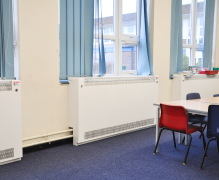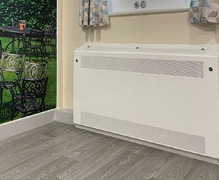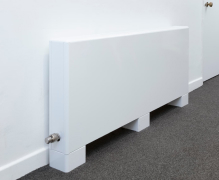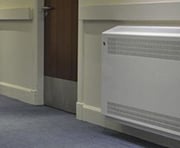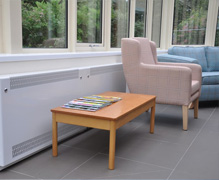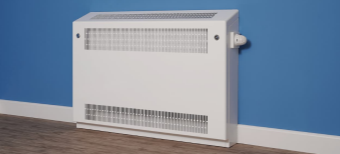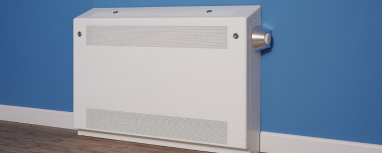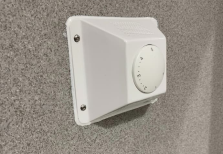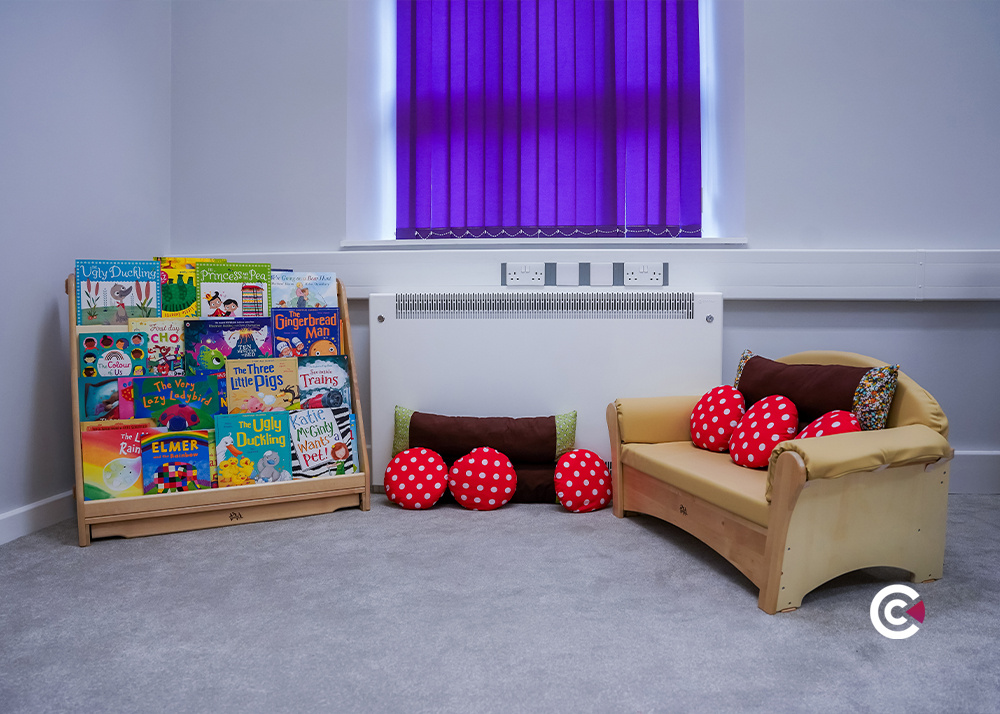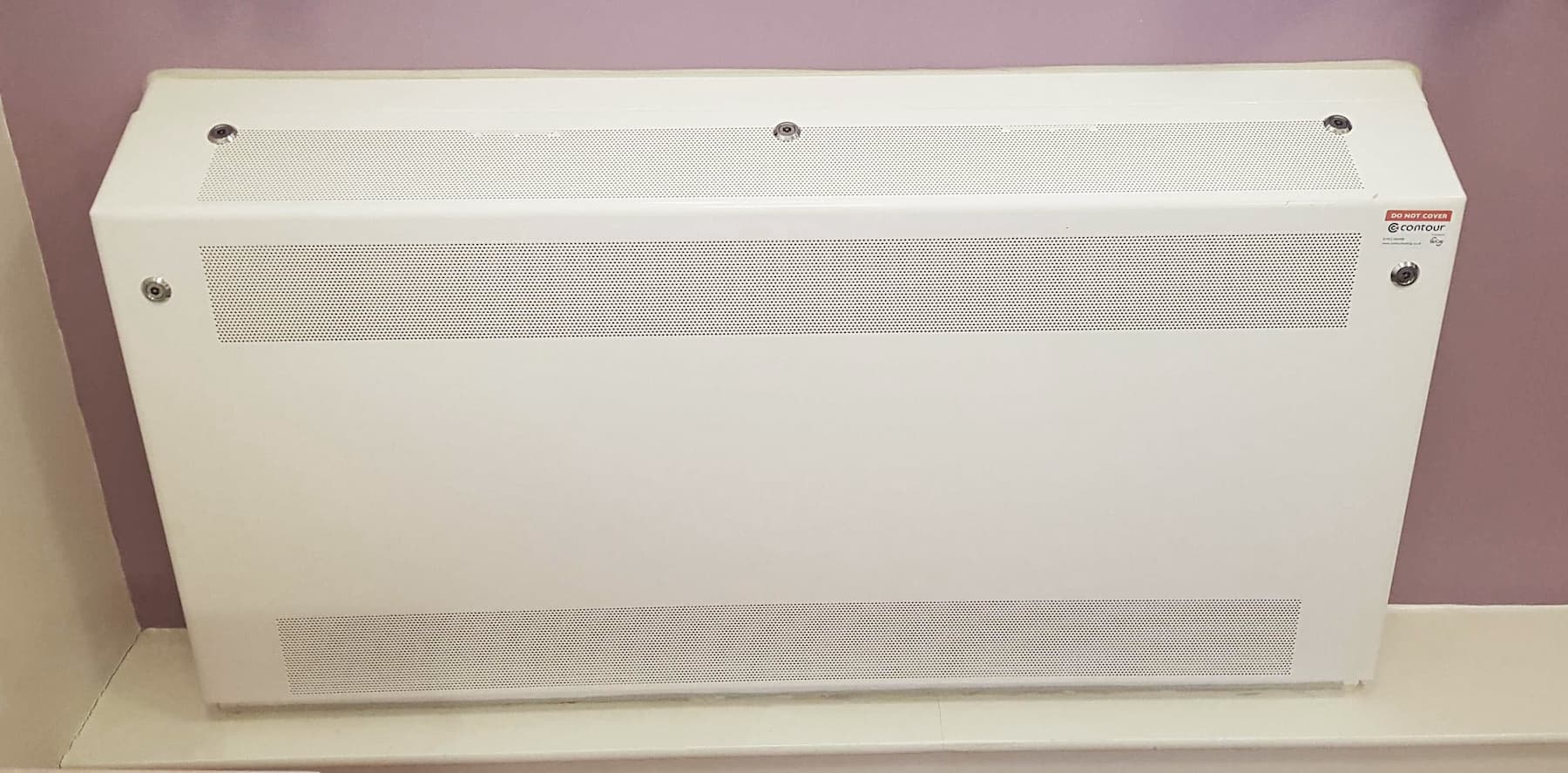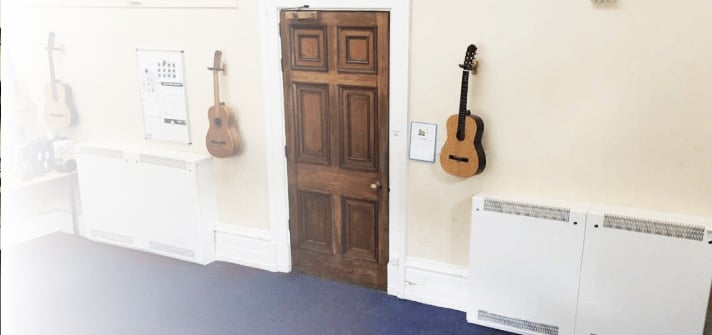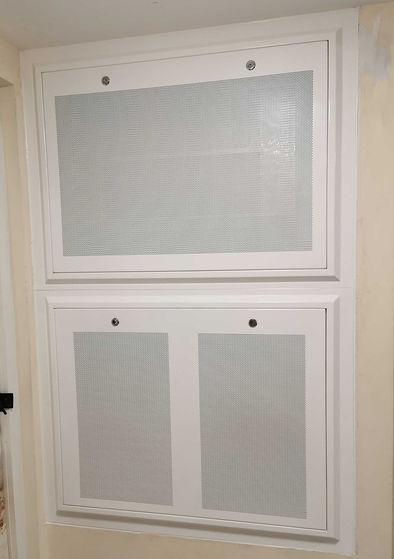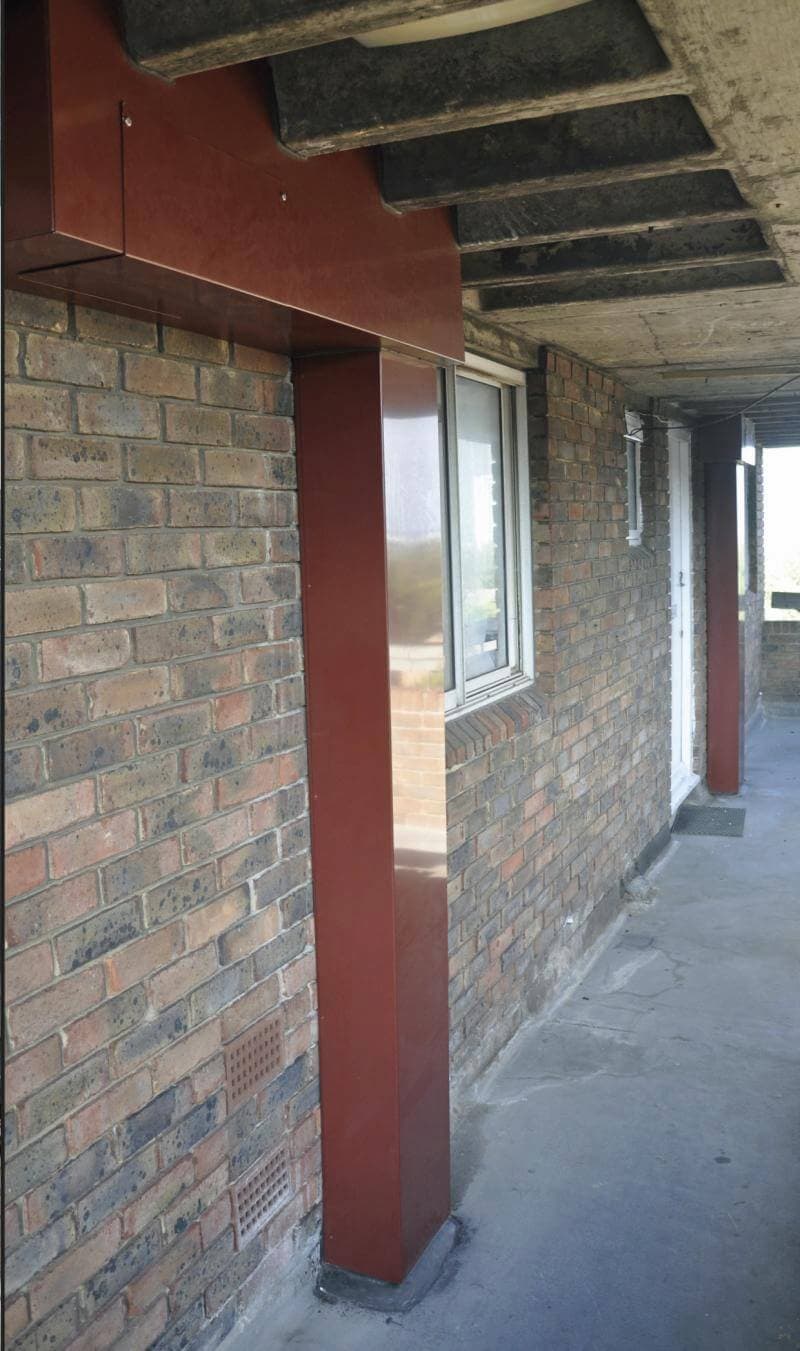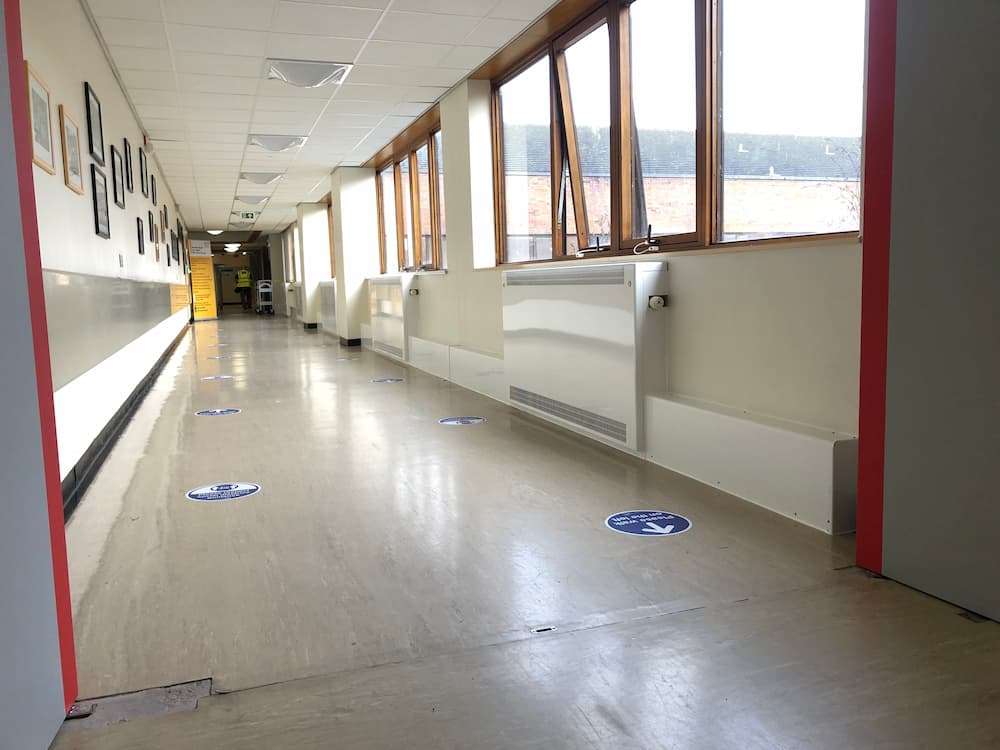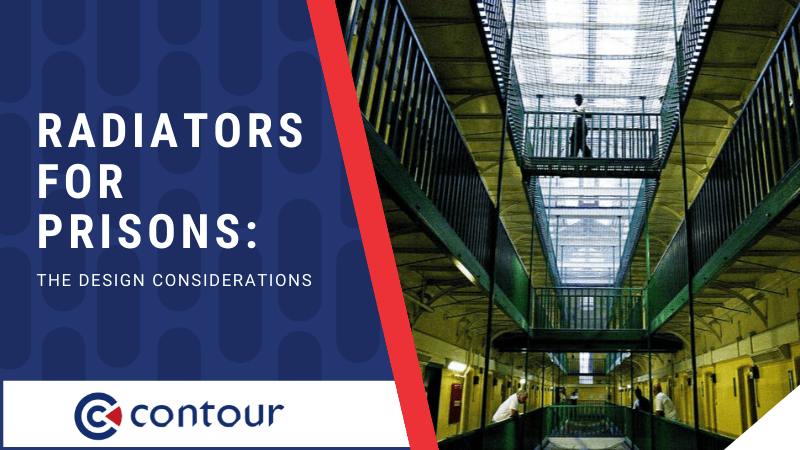
Prisons in England and Wales have received an unprecedented number of deaths through suicide over the last two years, prompting architects and designers to consider the custodial and detention equipment they specify.
Contour’s range of anti-ligature solutions are designed to meet architectural expectations, allowing prisoners the best possible chance of rehabilitation, and for custodial officers to manage behaviours effectively.
When specifying radiators, guards and pipe boxing solutions, several factors are at play. This blog aims to highlight the main design characteristics of Contour’s anti-ligature radiators and guards to help you specify appropriately for your custodial environment.
Providing Anti-Ligature Solutions
Whilst it is virtually impossible to mitigate ligatures completely, Contour’s anti-ligature radiators and guards make it extremely difficult for prisoners to tie rope or cord around a ligature point.
The full casing and grille holes-which are 2mm in diameter at 4mm centres-are set in a triangular formation, punched directly into the body of the guard. This removes the need for a separately welded mesh in the body of the guard, reducing the ligature risk.
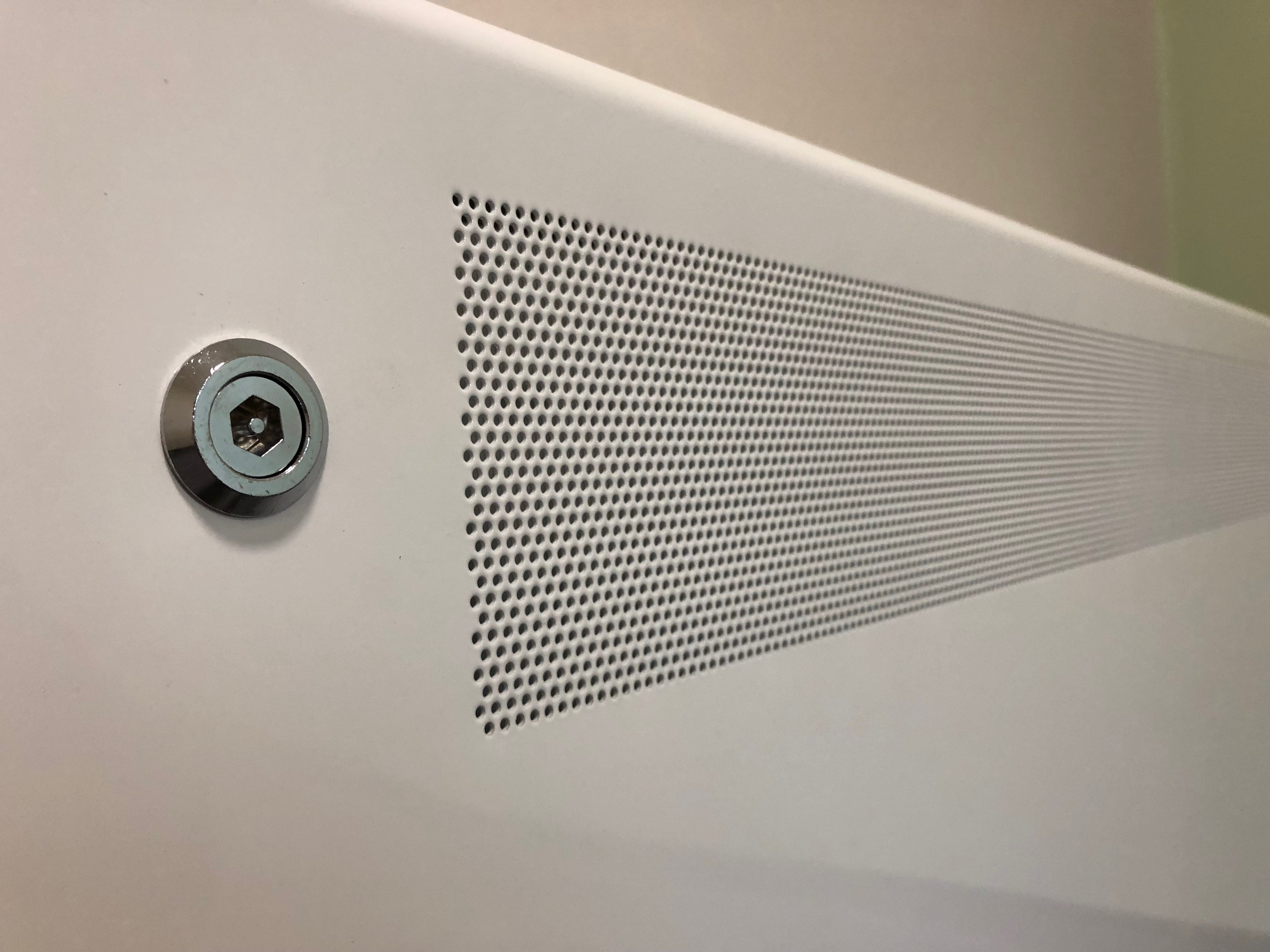
The statistics shown at the start of this post are enough to highlight the growing concern around suicide in correctional facilities. However, radiators, and any ligature points below head-height, are an often-overlooked ligature risk in many high-security environments.
Architects and designers need to be aware of the sophisticated methods that suicidal individuals use to carry out the fatal act of hanging. The Oxford Academic found that Around 50% of hanging suicides are not fully suspended, meaning that ligature points below head level are commonly used.
With this in mind, anti-ligature solutions are vital for all custodial and detention equipment that is specified.
Built To Withstand Acts Of Vandalism
Ensuring high-performance in the most demanding of environments, Contour’s anti-ligature radiators are built with robust Zintec Steel construction.
Vandalism in prison cells is an all-too-common occurrence in the UK, with reports frequently highlighting cases involving inmates using furniture to break ‘weak points’ in cell walls. A recent report highlighted such an incident, where a total of nineteen prisoners escaped from their cells due to vandalism of this nature.
In recognising the frequent risk of vandalism in the prison environment, Contour increases the thickness of their Zintec steel construction from 1.5mm to 2mm. The option to increase this further is available, subject to design requirements.
Heating Efficiency
Prison radiators traditionally operate on a pipe coil system, which has several drawbacks from a design and efficiency perspective. Often obtrusive and unattractive, pipe coil systems use far more water due to its wide diameter pipe, in comparison to an anti-ligature radiator-which operates on a much smaller section of pipework, whilst taking up less cell space.
Due to its heating efficiency, Contour’s anti-ligature radiators reduce the need for radiators to run for prolonged periods of time-heating up much quicker.
Prioritising Prison Cell Hygiene
In the UK, Custody Officers are responsible for prisoners’ wellbeing during their detainment, which includes providing a hygienic prison or holding cell. These cells are frequently subjected to traumatic and unsanitary conditions involving, blood, vomit and other bodily fluids. This poses a severe health risk for prisoners and staff.
What makes Contour’s anti-ligature radiators so unique is their ease of use from a maintenance perspective. With an array of security fastenings which include Pin Hex and key locks, cleaning can be efficiently carried out within all radiator crevices, whilst preventing unwanted opening by prison inmates.
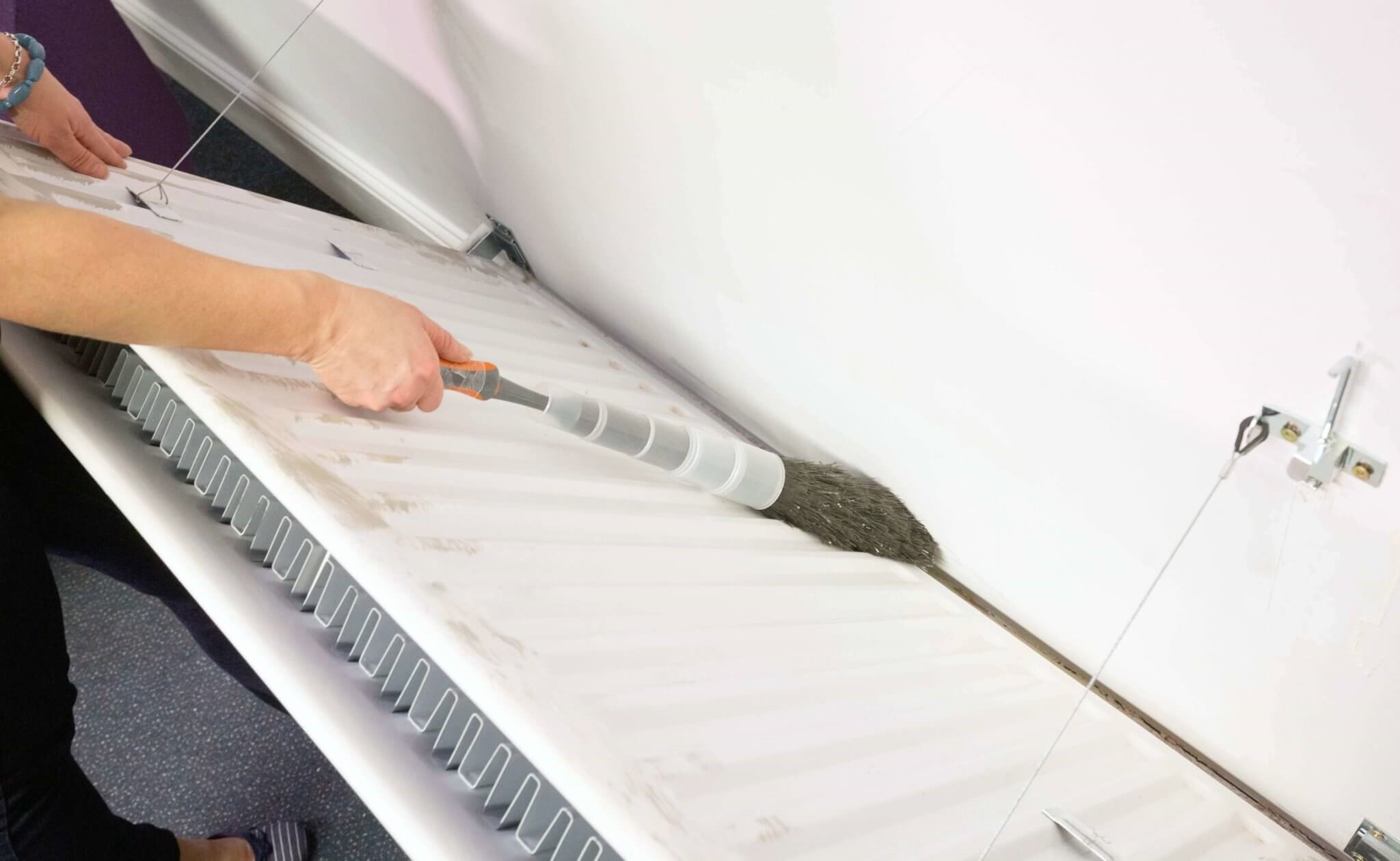
Anti-Microbial Protection
Contour Heating is the only company to incorporate BioCote® anti-microbial protection into their LST and anti-ligature radiators and guards. This unique, patented additive provides an effective, safe and long-lasting solution to combatting a wide range of dangerous bacteria, including MRSA and E.coli.
Reducing Stash Points and Hiding Contraband
The smuggling of contraband is a frequent issue that prisons face on a daily basis. In fact, a recent report from The Guardian found that drugs were identified 13,119 times in prisons in England and Wales in 2017; more than 35 incidents per day on average.
In order to prevent the use of stash points, officials need to consider the design features of the furniture used in cell spaces.
Due to Contour’s unique full-casing design, the ability to hide contraband is reduced, and the easy-access locking system allows routine checks to be carried out safely and thoroughly.
Conclusion
Contour’s custodial and detention solutions can’t deal with the problems underlying a prisoners self-harming or suicidal behaviours, but they do facilitate a safer environment.
For any more information on Contour’s anti-ligature heating solutions for prisons, get in touch with one of our experts today.
About Us
Contour produces a range of innovative, safe surface temperature systems for healthcare, education, mental health, commercial and secure sectors, working in close partnership and collaborating with architects, M&E engineers, NHS Trusts, local authorities, design consultants and contractors to deliver outstanding safe heating solutions.
Contour is the exclusive partner of BioCote® anti-microbial technology for LST and anti-ligature radiators. BioCote® additives reduce bacteria by up to 99.9%. Contour combines an extensive range of colour-paints is with BioCote® for a durable, high-quality finish.
Contour’s heating solutions offer secure, single-person quick access to radiator guard interiors for regular deep cleaning and maintenance. Each year, Contour save the NHS millions of pounds in cleaning costs, therefore delivering.
-1.png)


